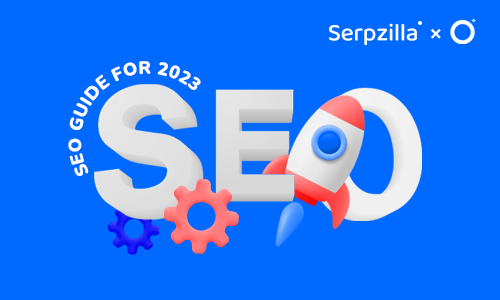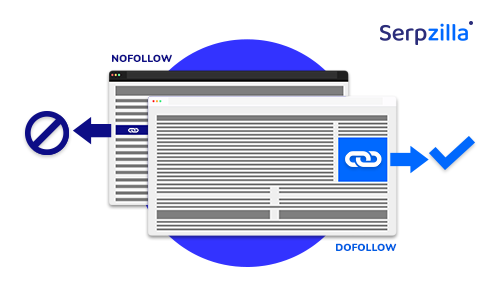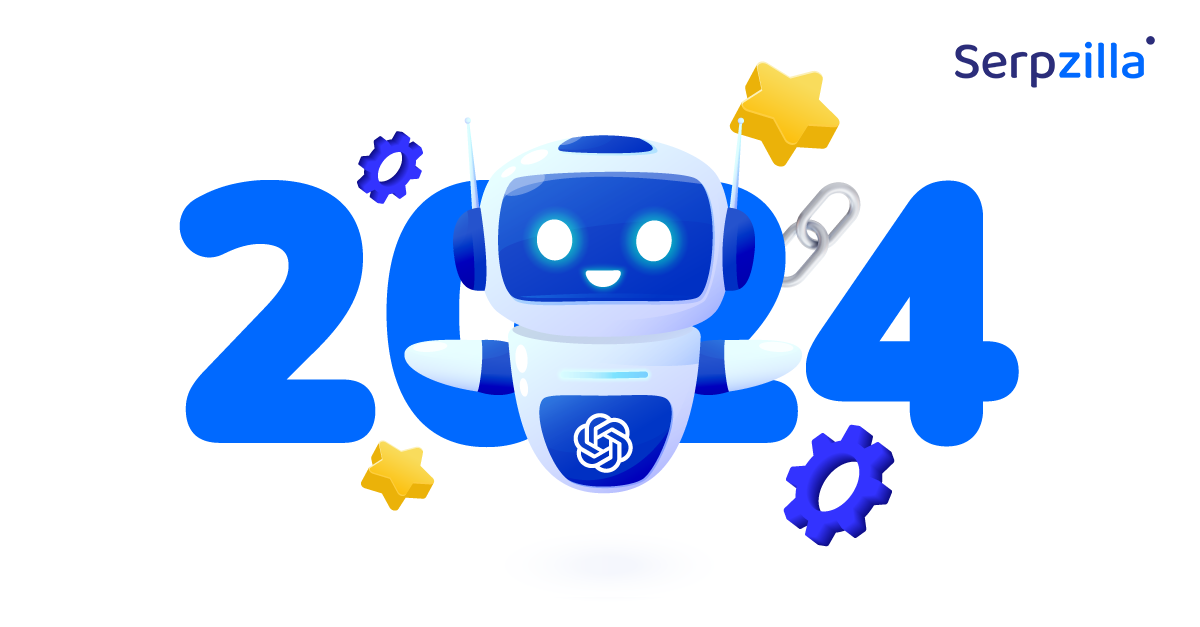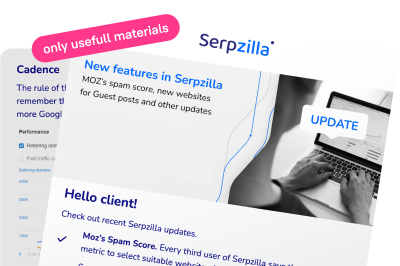GPT-4 is here!
It’s been just a few months since the release of ChatGPT with the previous version. We’ve barely had time to get used to the potential of ChatGPT for SEO and now it’s been given booster rockets!
As SEOs, we’re used to our field evolving at breakneck speed – and our worlds shaken up by unforeseen, unexpected events. Yes, I’m talking about Google algorithm updates.
But now AI is driving a never-before-seen change in how search engines analyze and comprehend the information they encounter. As the complexity of search engines powered by AI improves, SEOs are presented with a plethora of new opportunities and challenges.
This piece was inspired by a recent conversation on AI-powered search that I had with a few peers in the industry. I’m sharing our collective knowledge (and assumptions) by answering five key questions that SEOs are asking – and being asked – as AI-powered search goes mainstream. I’ll also attempt to give you some insights into how you can change your SEO strategies to remain ahead of the competition.
How does AI influence keyword research?
Search engines that are driven by AI are able to comprehend the purpose of a user’s inquiry, which implies that they do not just depend on precise keyword matches. Conversational AI, by its very nature, tries to understand the intent of the searcher better.
Because of this, search engine optimizers need to adjust their strategy for doing keyword research. Instead of focusing on keywords, they should shift their attention to topics and concepts that are pertinent to their target audience. They need to find out how to gauge searcher intent better and convey it to the AI program so that it returns appropriate keywords.
Further, AI programs aren’t restricted to the same sources as Google to get their data. They learn from online reviews, blogs and even physical texts.
It is interesting to see where AI chats source their data. Here are recommendations for a store based on a combination of reviews and the range of products offered. So, local AIO, AI Optimization, will be heavily review dependent.
(Screenshot of OpenAI powered-Dragonfly) pic.twitter.com/HfkzUHGREc— Ken Lewis, Ph.D. (@mrkenlewis) March 15, 2023
This gives them access to more variations of keywords, although the search volume they return might not be accurate.
How does AI impact on-page optimization?
On-page SEO does not just consist of putting keywords into content anymore, since search engines are driven by artificial intelligence. Rather than that, it is essential to focus on the production of high-quality, exhaustive information that responds to the user’s search intent. This involves putting the most emphasis on subheadings, subtopics, pictures, videos and even social posts that are complementary to the content and give a more positive experience for the user.
You can query AI to give you a breakdown of the steps and components that are essential to optimizing your on-page elements as well as content.
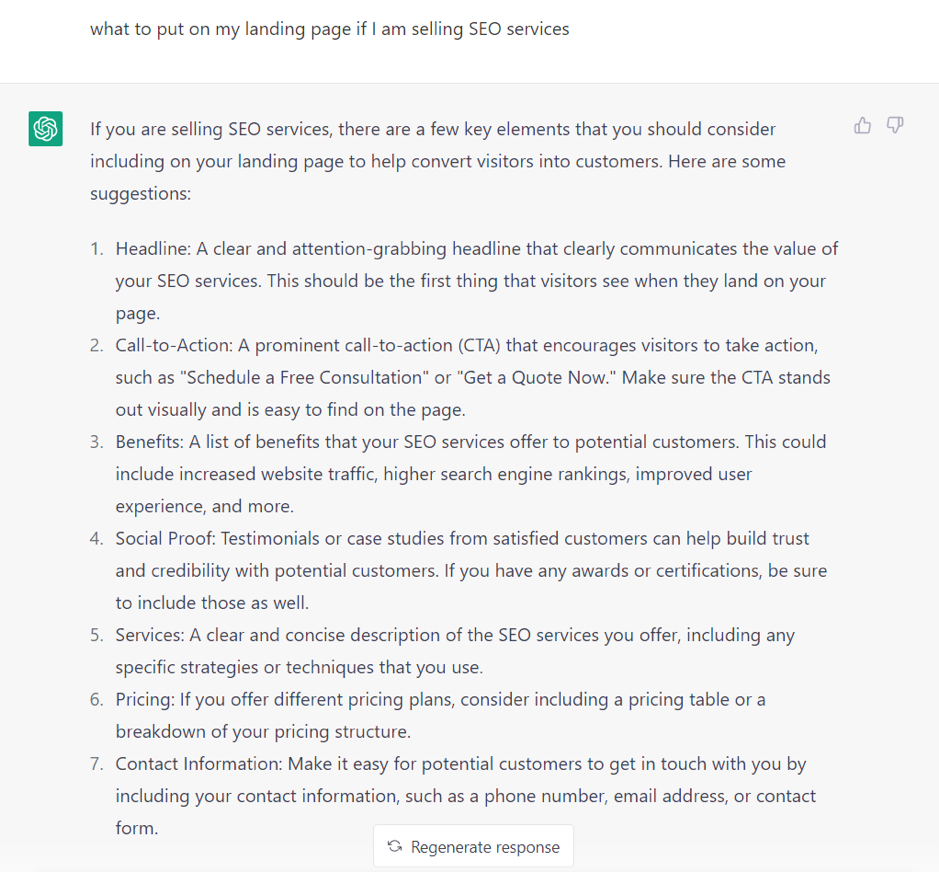
What role does structured data play in AI-powered search?
When the information on a page is organized, it is much easier for search engines to comprehend the type, format and meaning of content, which in turns gives more context for the website.
Search engines use structured data to improve the accuracy of their results. AI can do the same – after all, clearly defined data is what enables better machine learning and better machine-readable analysis, whether it’s a search engine or an AI algorithm.
AI has the potential to create content for landing pages and blog-type stories out of structured data.
How does AI help in link building?
It’s been many years since Google integrated its Penguin update into the search algorithm. It automatically analyzes unnatural links and devalues both sites that give out and get such links. Google also recently introduced the Link Spam update that aimed to neutralize the effect of spammy links.
But if AI can identify spammy links, it follows that AI can also identify good links – or links that work to improve the trust and authority of your website.
For example, Serpzilla has a feature called “auto mode” that uses AI and machine learning (ML) to identify sites and content that are most relevant to you and plan a link building campaign accordingly. It can automatically buy links according to your budget, place them contextually, and control the pace of link building.
This makes “natural” link building easy and removes the risk of being penalized by Google to a great extent.
How can SEOs leverage AI in their strategies?
AI can help SEO specialists see trends in user behavior, improve content, and automate operations. AI-powered SEO tools can also aid these professionals in analyzing more data while simplifying operations. As we’ve seen here, AI can help you ace keyword research, competitive research, link profile analysis, link building, on-page SEO audits, and landing page optimization.
The more data you have, the better your strategy turns out to be.
The future of SEO is here already
The AI-explosion has produced a sea shift in the world of SEO, presenting marketers with both difficulties and opportunities. SEOs must adapt their methods to focus on topics and themes rather than keywords, and on problem-solving rather than question-answers. They need to create high-quality content that caters to user intent, make better use of structured data, and build high-quality links help improve their domain authority and trust.
Since AI and SEO will continue evolving together at breakneck speeds, it is a foregone conclusion that SEOs who stay up to date on the latest developments and adjust their strategies accordingly will be in successful in getting more visibility and conversions for their clients. AI will be key to achieving digital marketing goals and providing value to consumers and businesses alike.


